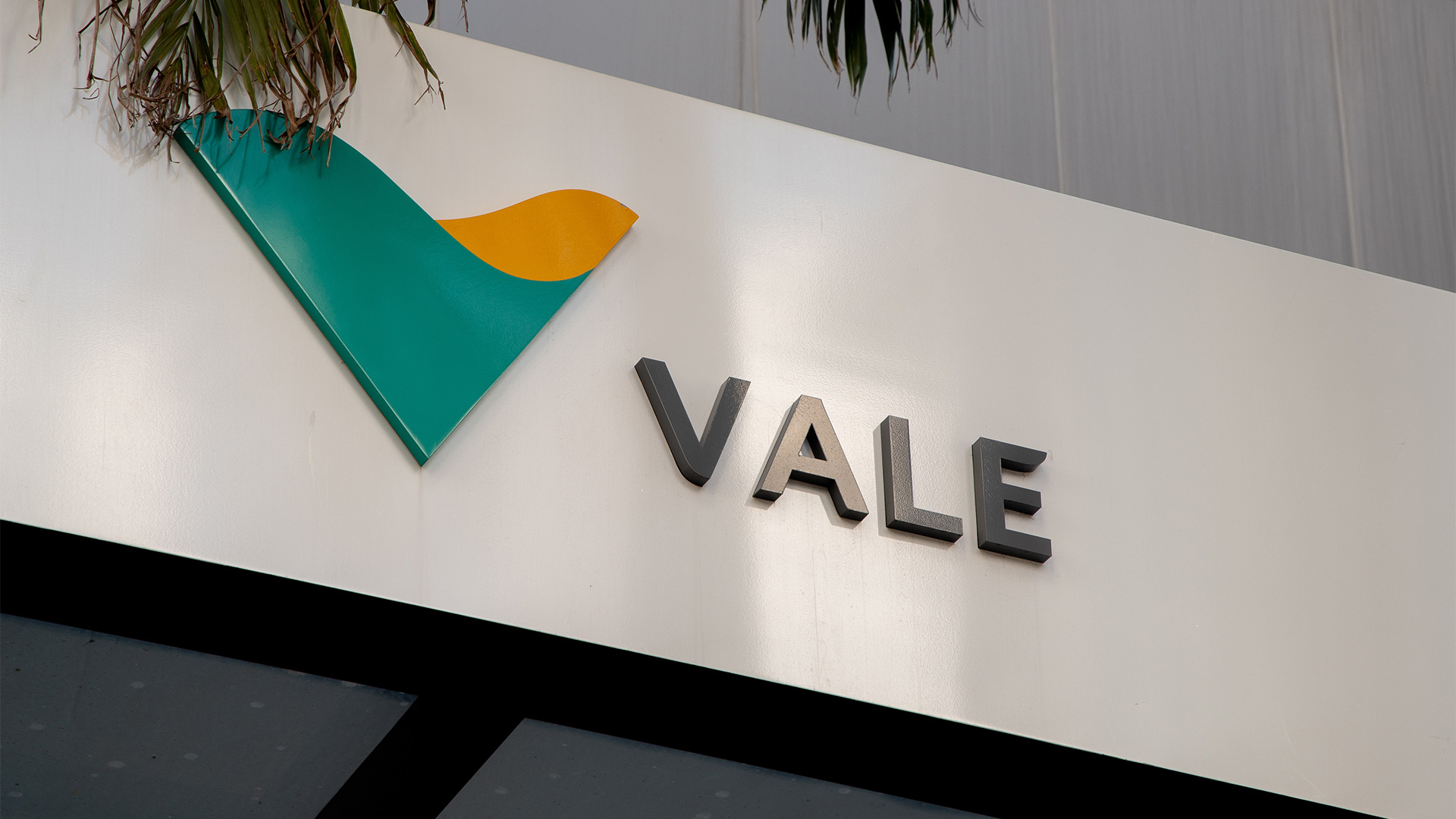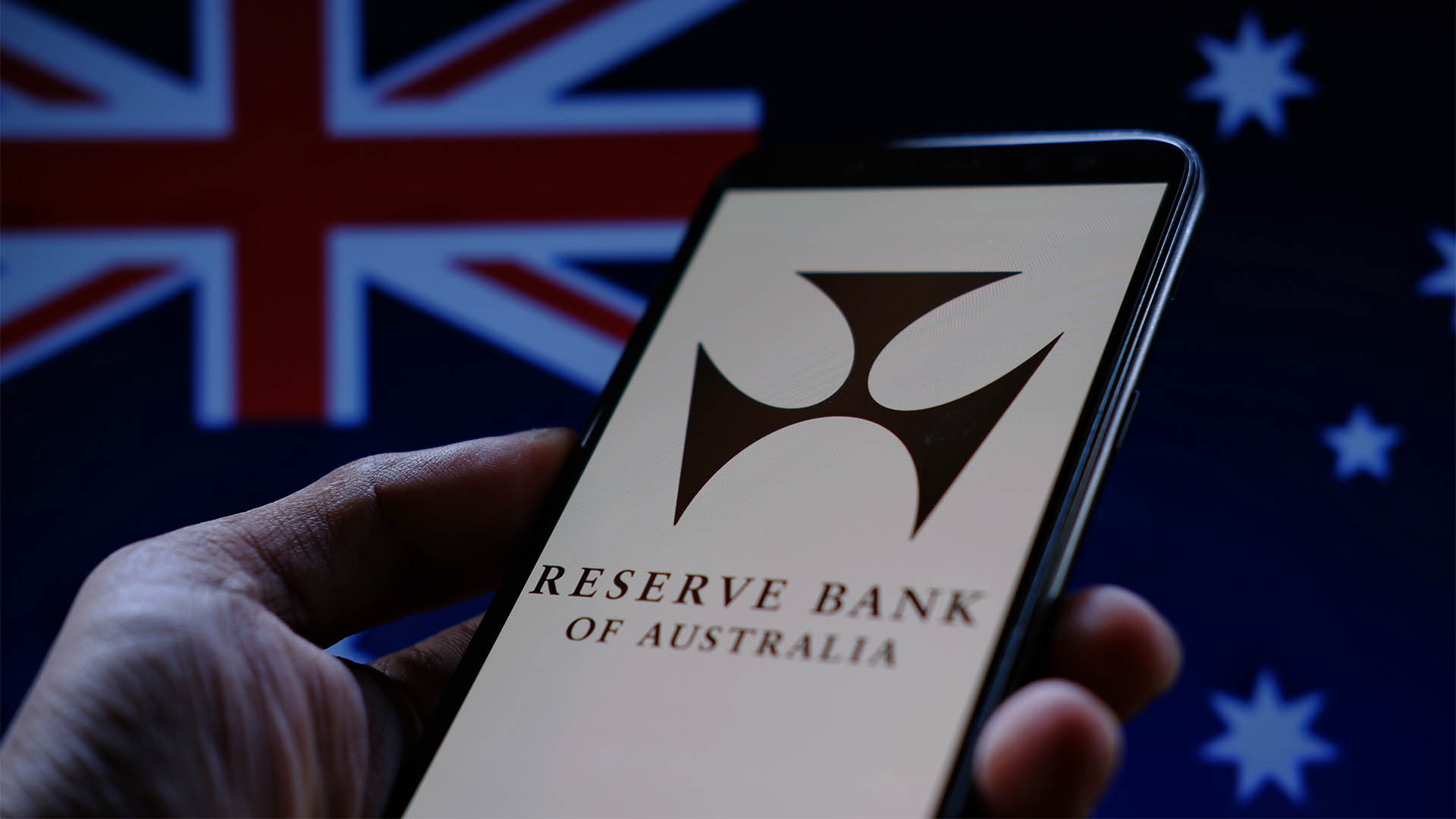Covid Delta continues to drain confidence around the world in the outlook for economic growth and earnings – but it hasn’t killed it stone dead as the original variant did in early 2020.
Covid’s new impact has become quite apparent from the change of heart among big global investors about profits and growth for the rest of the year and into 2022.
In short both have gone south as Covid Delta has crept into and taken over more and more economic activity around the world since mid-year.
The change of heart has shown up Bank of America’s September Global Fund Manager Survey which talked to 258 fund managers overseeing a total of $US839 billion in assets.
But while on the surface the survey was gloomy, it also revealed there remained a deep underlying bullishness, once the caution is put to one side.
The slight improvement in US Consumer Price Inflation last month has helped support the underlying optimism in the face of the climbing toll of Covid Delta infections.
The defeat of the Republican Party driven recall vote against Californian Democratic Part Governor, Gavin Newsome has also bolstered confidence that the US political outlook won’t be as negative to business confidence.
…………
First the gloom: The survey showed that expectations of improving global growth dropped to a net 13% in September, down 14 percentage points from August and down from a peak of 91% in March.
The spread of the Delta variant was cited by investors as the reason for the more pessimistic outlook after the wide-eyed optimism of early 2021.
At the same time, expectations that profits will improve slumped to a net 12% among survey respondents, down 29 percentage points from August and down from the 89% peak in March.
The slump in profit expectations could be a hangover from the huge June quarter seen in most markets (thanks mostly to the low comparative base of the June, 2020 quarter when most economies were in recession and corporates were living hand to mouth on government and central bank support.
But thanks to the continuing creep of Covid Delta, companies and policymakers have now realised that the current quarter and the three months to December will not be a slow but rosy continuation of the June quarter’s cornucopia.
Bank of America said fund manager responses indicate the global economy has reached “peak boom” as well as their growing concerns on stagflation.
Recession concerns though remain low — 66% of investors still expect above-trend growth and above-trend inflation, down 3 percentage points month-over-month and from a peak of 76% in June.
Investors are also slightly more willing to take on additional risk this month, although the appetite remains low. A net 9% of investors are taking “higher-than-normal” risk in September, up from 3% in August, but down from a high of 25% in February.
The survey also revealed that investors believe that “peak inflation” has been reached, with those expecting higher inflation in the next 12 months dropping to a net -1% in September, down from a net 4% in August and a peak of 93% in April.
The US Consumer Price Index data for August seems to confirm that with a small fall in core monthly and annual rates, but the Producer Price data for both the US and China last week indicate that for wide sections of manufacturers and other producers, price and cost pressures are still very real and hurting.
Producers though seem to having a very tough time passing on those high costs to wholesalers and retailers
…………
But now for the boom: For all this pessimism, there was a surprising high level of underlying optimism still in the market.
The survey pointed out that positioning in asset markets remains overwhelmingly bullish.
Fund managers have dropped equity market protection designed to protect their portfolios against a sharp drop in asset values.
Bank of America said this was at the lowest levels since January 2008 (which wasn’t the best of comparisons to make because 9 months later the GFC erupted after Lehman Brothers collapsed)..
Nearly half of those equity managers in the September survey said they have removed protection against a sharp fall in equity prices over the next three months, the lowest figure since January 2018.
Moreover, broader equity market positioning remains firmly bullish with net global equity allocations at 50%, far above a 20-year average of 29%, the survey pointed out.
“A rare disconnect is growing between asset prices and fundamentals,” a team of strategists led by Michael Hartnett wrote in a note to clients.
The broader market outlook remains one of greater caution with survey respondents expecting central banks to remain dovish.
Covid Delta is the main pressure point ensuring that the very accommodative monetary policy stances around the world remain in place until early 2022.
84% of investors in the survey now expect the the Federal Reserve to start tapering its stimulus measures by the end of this year, though expectations for the first US rate hike have been pushed out to February 2023 from November 2022 previously.
And, 82% of respondents expect China to ease policy, up from 44% in July.
Global liquidity conditions are still seen as the best since just before the global financial crisis hit world markets in July 2007.
Almost 60% of respondents in the survey said monetary policy was “too simulative” which was the highest proportion since May 2011.
All the same, no one is saying’ tighten immediately’.













